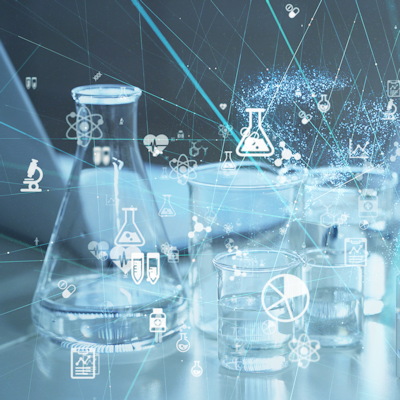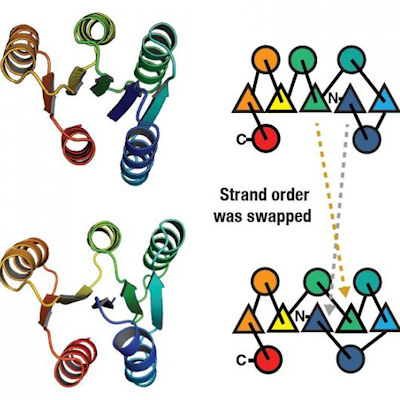November 3, 2022 -- An artificial intelligence (AI) program narrowly beat humans at predicting protein design and self-assembly, a new study reveals. In the experiment, the AI did as good or better on several datasets than humans, demonstrating the potential of machine learning to overcome human bias (Nature Chemistry, October 31, 2022).
A better understanding of protein self-assembly could help scientists design important products for medical and industrial uses, such as artificial human tissue for wounds. Sometimes, proteins self-assemble when something goes wrong, forming deadly biological structures associated with diseases including Alzheimer's and sickle cell.
In the experiment, six protein scientists were given a list of proteins and asked to predict which ones were likely to self-assemble. The predictions were compared with those made by the computer program. The human experts predicted that 11 proteins would self-assemble. The computer program predicted nine would.
Because six of the proteins self-assembled, the computer program had a higher guessing percentage (six out of nine versus six out of 11). The humans favored some amino acids over others, which led them to a few incorrect choices.
The AI correctly pointed to some proteins with qualities that didn't make them obvious choices for self-assembly, which opens the door for further exploration and demonstrates the power of AI in predicting protein design.
Copyright © 2022 scienceboard.net





